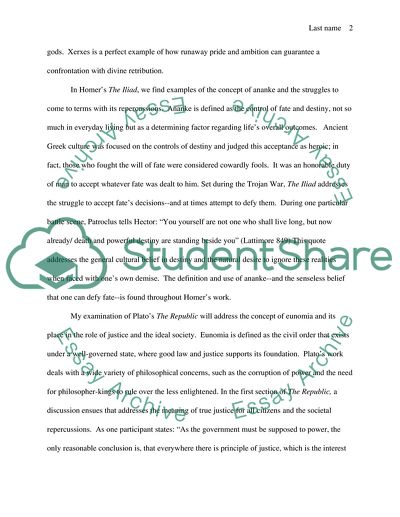Cite this document
(“Fate And Government Belief Concepts In Ancient Greece Essay”, n.d.)
Fate And Government Belief Concepts In Ancient Greece Essay. Retrieved from https://studentshare.org/history/1572943-fate-and-government-belief-concepts-in-ancient-greece
Fate And Government Belief Concepts In Ancient Greece Essay. Retrieved from https://studentshare.org/history/1572943-fate-and-government-belief-concepts-in-ancient-greece
(Fate And Government Belief Concepts In Ancient Greece Essay)
Fate And Government Belief Concepts In Ancient Greece Essay. https://studentshare.org/history/1572943-fate-and-government-belief-concepts-in-ancient-greece.
Fate And Government Belief Concepts In Ancient Greece Essay. https://studentshare.org/history/1572943-fate-and-government-belief-concepts-in-ancient-greece.
“Fate And Government Belief Concepts In Ancient Greece Essay”, n.d. https://studentshare.org/history/1572943-fate-and-government-belief-concepts-in-ancient-greece.


